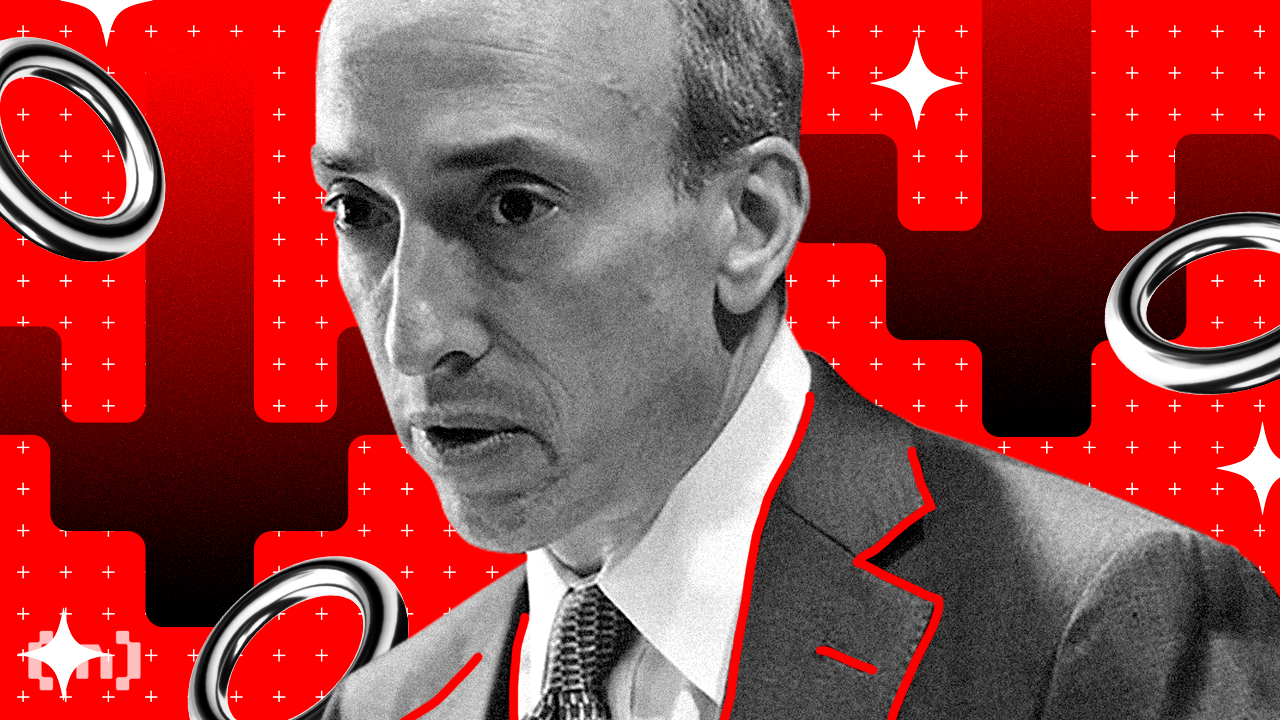SEC Chair Gary Gensler Opposes FIT21 Crypto Market Bill Ahead of Crucial House Vote
US Security and Exchange Commission (SEC) Chair Gary Gensler has publicly opposed the Financial Innovation and Technology for the 21st Century Act (FIT21), a bill to regulate digital asset markets. He believes the bill would weaken the SEC’s ability to protect investors by reclassifying crypto assets and reducing regulatory oversight.
At the same time, The House is set to vote on the bill, which faces notable opposition and an uncertain future in the Senate.
SEC Chair Criticizes FIT21 Act for Reducing Regulatory Oversight
In a Wednesday report, Gary Gensler expressed his strong opposition to the FIT21 Act. The bill, introduced in July 2023 by Chairman Glenn “GT” Thompson and backed by several key Republicans, aims to establish clear federal guidelines for digital asset markets. It seeks to balance innovation with strong consumer protections and clarifies the SEC and the Commodity Futures Trading Commission’s (CFTC) roles in regulating cryptocurrency.
Gensler argues that the bill undermines classifying crypto assets as investment contracts. This change would remove these assets from the SEC’s oversight, making it harder to protect investors.
Read more: Crypto Regulation: What Are the Benefits and Drawbacks?
He noted that FIT21 might enable crypto firms to self-certify their products as “decentralized” digital commodities, thus avoiding SEC scrutiny. Gensler warned that the SEC’s limited resources would hinder its ability to challenge these certifications, leaving much of the crypto market unregulated.
Gensler also criticized the bill’s definition of a digital commodity. He said that it ignores the Howey Test and the economic realities of the assets. Furthermore, he warned that FIT21 could harm the broader US capital markets by allowing companies to evade SEC regulation through decentralized networks.
“The bill would remove investment contracts that are recorded on a blockchain from the statutory definition of securities and the time-tested protections of much of the federal securities laws. By removing this set of investment contracts from the statutory list of securities, the bill implies what courts have repeatedly ruled—but what crypto market participants have attempted to deny—that many crypto assets are being offered and sold as securities under existing law,” Gensler explained.
Stuart Alderoty, Ripple’s Chief Legal Officer (CLO), shared his thoughts on Gensler’s stance and current approach to crypto regulation.
“He thought he was above Congressional oversight. That’s all gone. He’s now a struggling political liability,” Alderoty said.
The House of Representatives is expected to vote on the bill on Wednesday. However, its passage through the Senate remains to be determined. If enacted, the bill would alter the Howey test and significantly reduce the SEC’s oversight of crypto assets. Introduced in 1946, the Howey Test determines if a transaction qualifies as an investment contract and, thus, a security.
At least eight House Democrats support the FIT21 Act and may gain more backers. Former House Speaker Nancy Pelosi is reportedly considering supporting the bill. Despite no longer being in Democratic leadership, Pelosi’s opinions still influence many House Democrats.
If Pelosi supports the bill, she would go against Ranking Members Democrats Maxine Waters and David Scott, who both oppose it. They express concerns that the bill would result in the mass deregulation of crypto and some traditional securities. They see this deregulation severely undermining US capital markets by removing key protections for investors and consumers.
Read more: How Does Regulation Impact Crypto Marketing? A Complete Guide
BeInCrypto previously reported that Waters and Scott urged their colleagues to vote against the bill. However, House Democrats leaders have stated they will not whip against the FIT21 bill. As the debate continues, the vote’s outcome and its implications for the future of US crypto regulation remain uncertain.

![Ethereum [ETH] Faces High Volatility: Liquidations Reach $50.61 Million, Price Swings Between $3,400 and $3,600](https://i0.wp.com/en.coinotag.com/wp-content/uploads/2024/05/cryptocurrencies28.webp?fit=1792%2C1024&%23038;quality=70&%23038;ssl=1)




